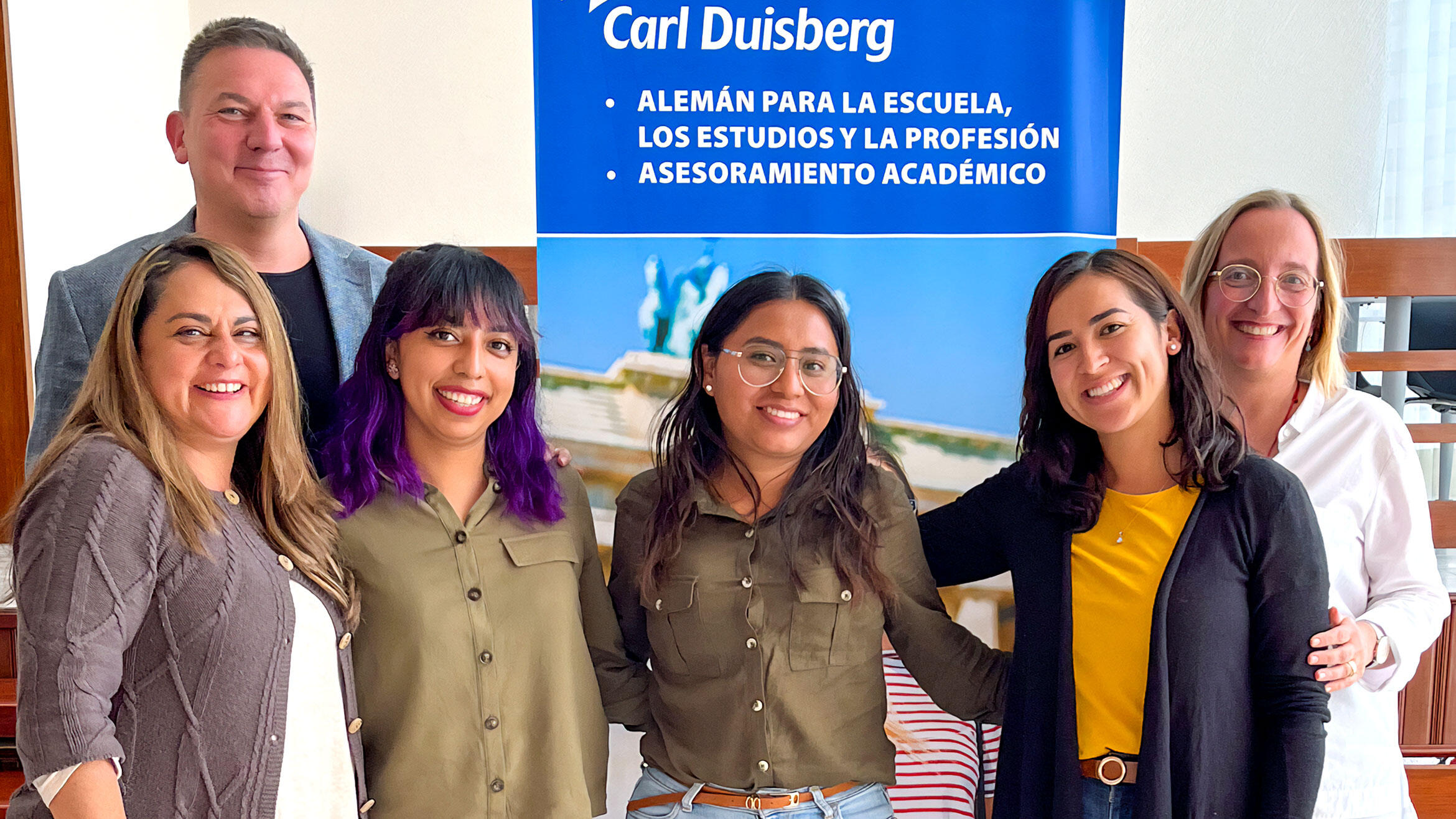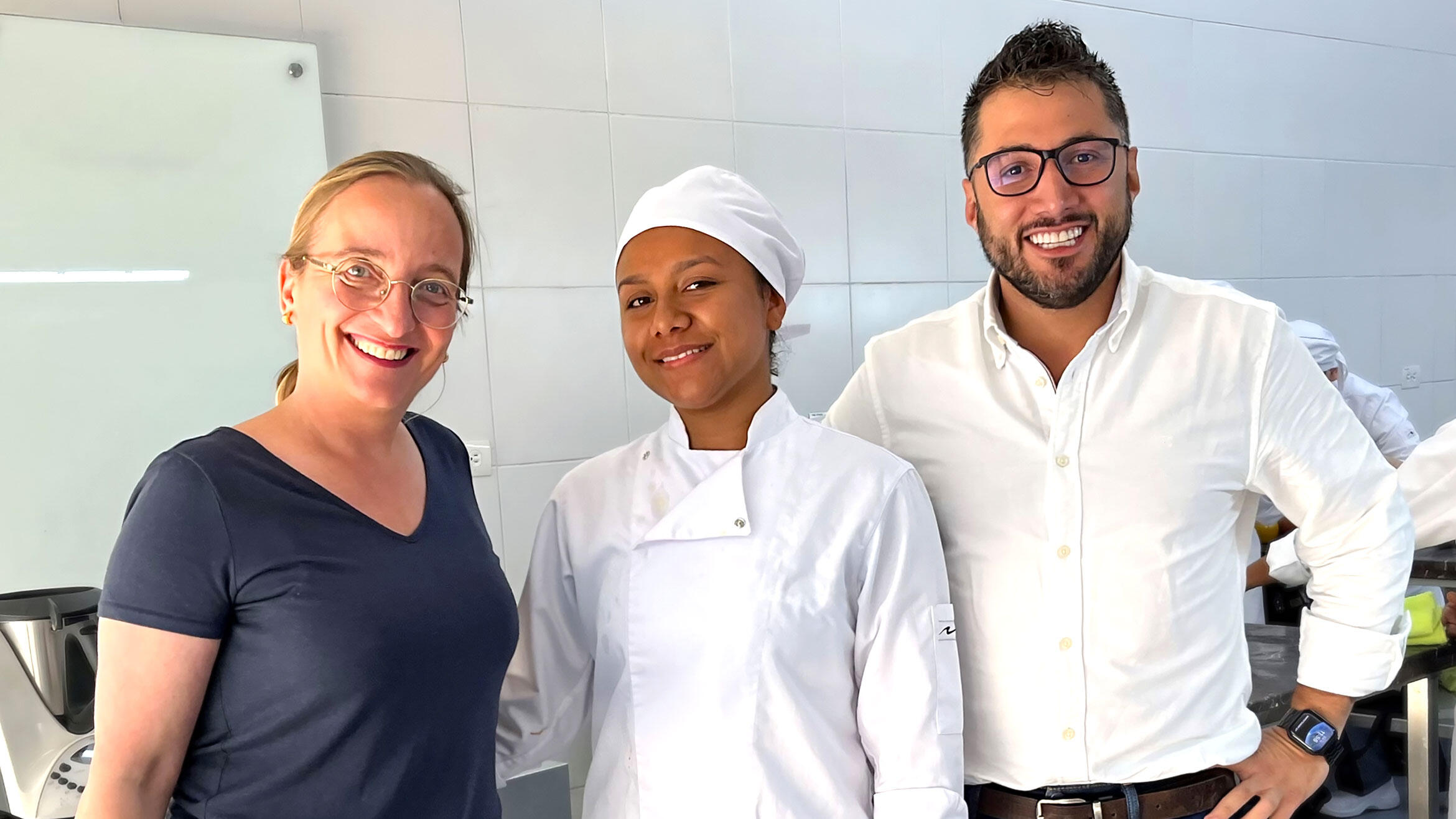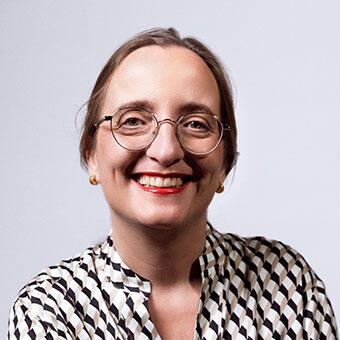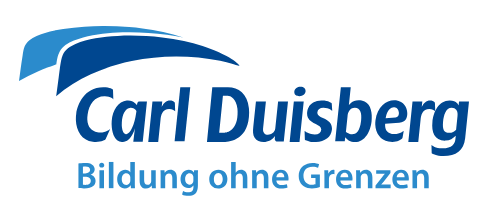Mexican expertise on the German labour market is a win-win situation
"I really want to go back to Germany and work there." Rosa S. was very excited when she heard that the Carl Duisberg Centren in Latin America had accepted her onto a new programme.
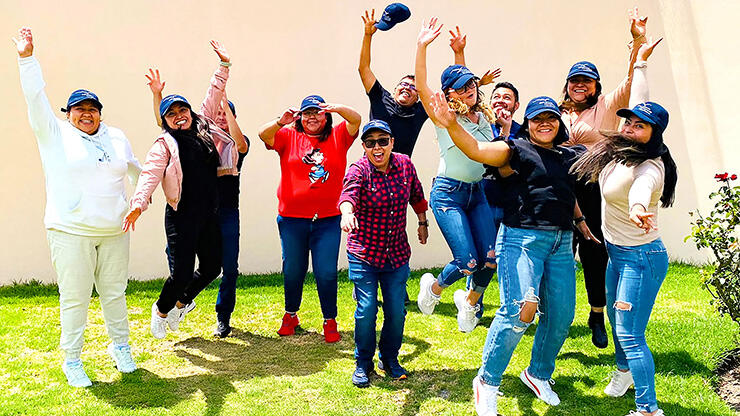
Rosa S. arrived in Germany in 2019 as one of the first nursing professionals recruited through the ZAV programme (the International Placement Service of the Federal Employment Agency), working for one of the country's largest care providers. However, she was unable to extend her residence permit during the lockdown and had to return to Mexico.
Without German, it doesn't work
In 2018, Rosa spent nine months undergoing intensive German lessons at CDC MX — the wholly owned subsidiary of Carl Duisberg Centren in Mexico — before being permitted to travel to Germany as a fully recognised specialist.
This was indeed a special case, as foreign skilled workers from third countries usually have to undergo further training in Germany to qualify in their regulated profession. However, in the German state of Hesse, Rosa's qualifications and her many years of professional geriatric nursing experience were fully recognised, meaning she did not need to undertake further training or take any exams.
Rosa now lives and works in Germany again, and she has also advised her younger sister to come to Germany to participate in a dual vocational training programme.
We know many stories like this at CDC - and we are proud to be involved as co-authors.
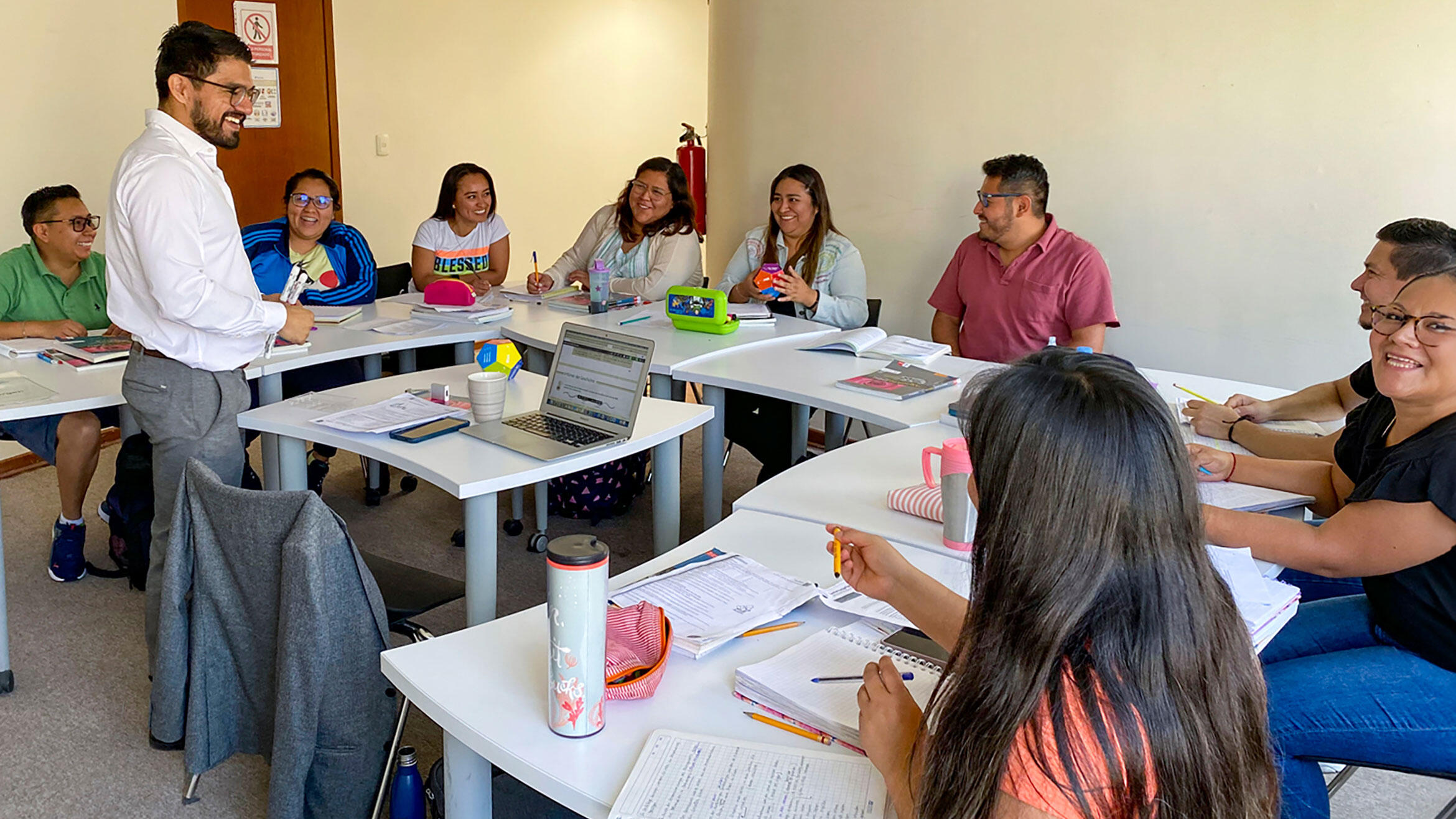
CDC accompanies Mexican professionals on their way to Germany
As CDC, we are aware of the great responsibility we have towards those participating in our programmes. We advise experts, specialists and trainees, as well as their family members, on life and career decisions, and prepare them linguistically and interculturally for life and work in Germany.
Since 2018, Carl Duisberg Centren has accompanied more than 650 Mexican professionals on their way to Germany. Founded in 1962, the organisation has implemented international education programmes worldwide under the motto "education without borders" or "formación sin fronteras".
Every month, 200 professionals learn German intensively at our locations in Mexico City, Puebla, Oaxaca and Pachuca, spending up to eight hours a day in our schools. During this time, they are supported by CDC MX team, which consists of educational managers, teachers, administrative counsellors and psychologists.
It usually takes a year to acquire the necessary language skills and all official authorisations required to leave the country. It is a year full of questions, recurring scepticism, and sometimes also the fear of outgrowing oneself.
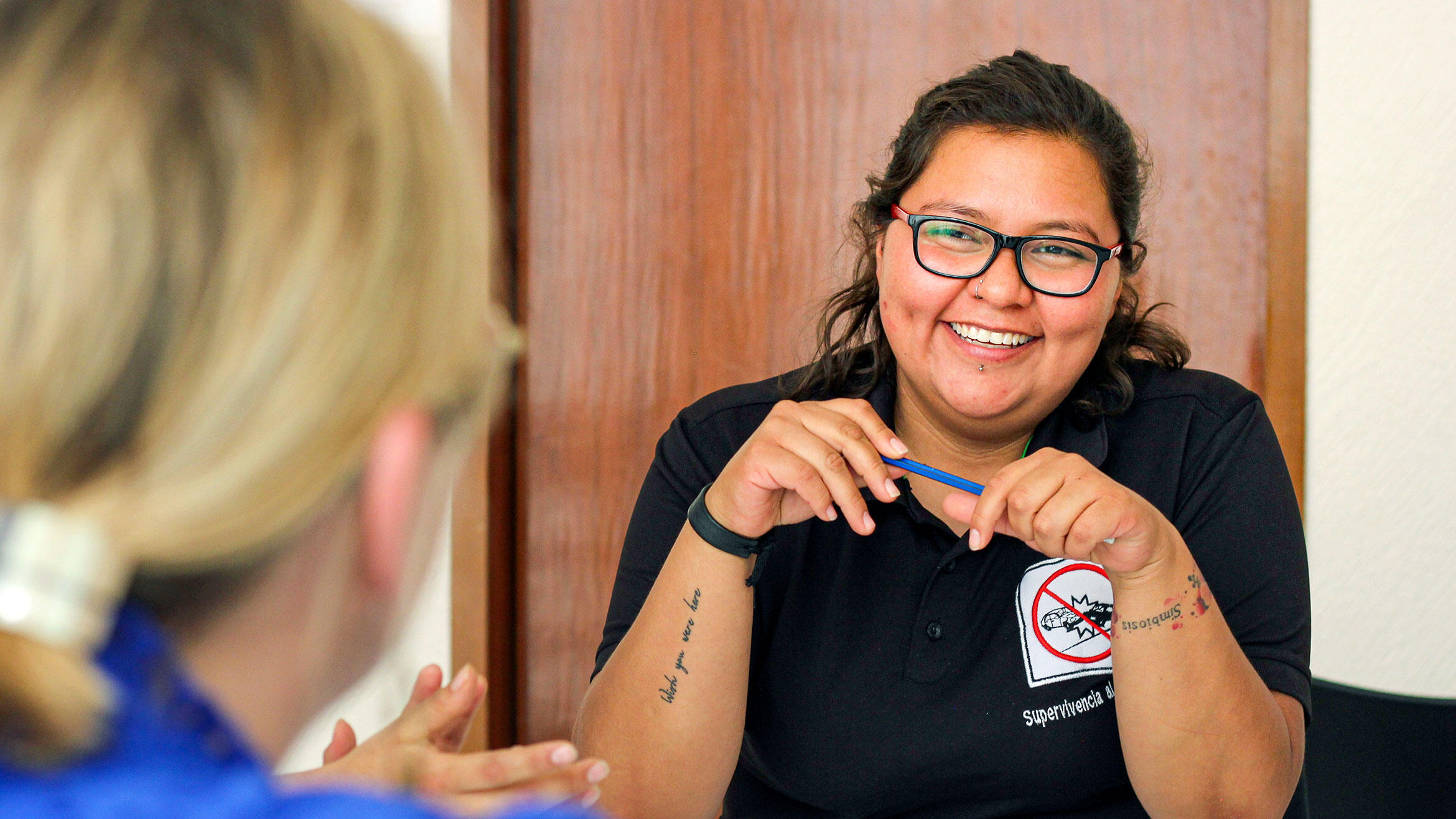
Social environment must support plans to leave the country
Moving abroad is associated with major changes that impact the individual's social context. That's why we organise events outside the classroom for family members and friends, for example. These could include a cinema evening with popcorn, or a Christmas coffee afternoon with biscuits and Stollen, a traditional German Christmas cake. From the outset, it is important that every programme participant receives encouragement and motivation from their nearest and dearest.
Most families support the decision to go to Germany. In only a few cases are we asked by applicants to support them in the face of extreme scepticism from fathers and brothers. This was the case with Erika, for example. She now works happily at one of the most renowned clinics in Europe, in Munich, Bavaria.

CDC MX accredited by the Mexican Ministry of Labour
In 2022, the Mexican Ministry of Labour accredited CDC MX to recruit for the German labour market. We do not, however, see ourselves as a recruitment agency; rather, we adhere to the educational mandate given to us by our cooperation partners in Germany and Mexico.
Our cooperation partners are primarily companies, public schools and universities that fully finance the skills development programmes.
They recognise the win-win situation for everyone involved. Rosa and Erika do not yet know whether they will stay in Germany forever or return to Mexico at some point, having gained more professional experience. What is certain, though, is that the two young women will continue to develop personally and professionally, and their employers greatly value their commitment and expertise.
- Text: Helga Grabbe, Honorary Consul of the United Mexican States in Cologne, Germany
Helga Grabbe has worked in international training and further education since 1992, and is currently responsible for business development at Carl Duisberg Centres in Latin America.
As President of the Centro de Capacitación Alemán (CDC MX Carl Duisberg Centres Mexico), she is dedicated to the development of skilled workers, among other things.
